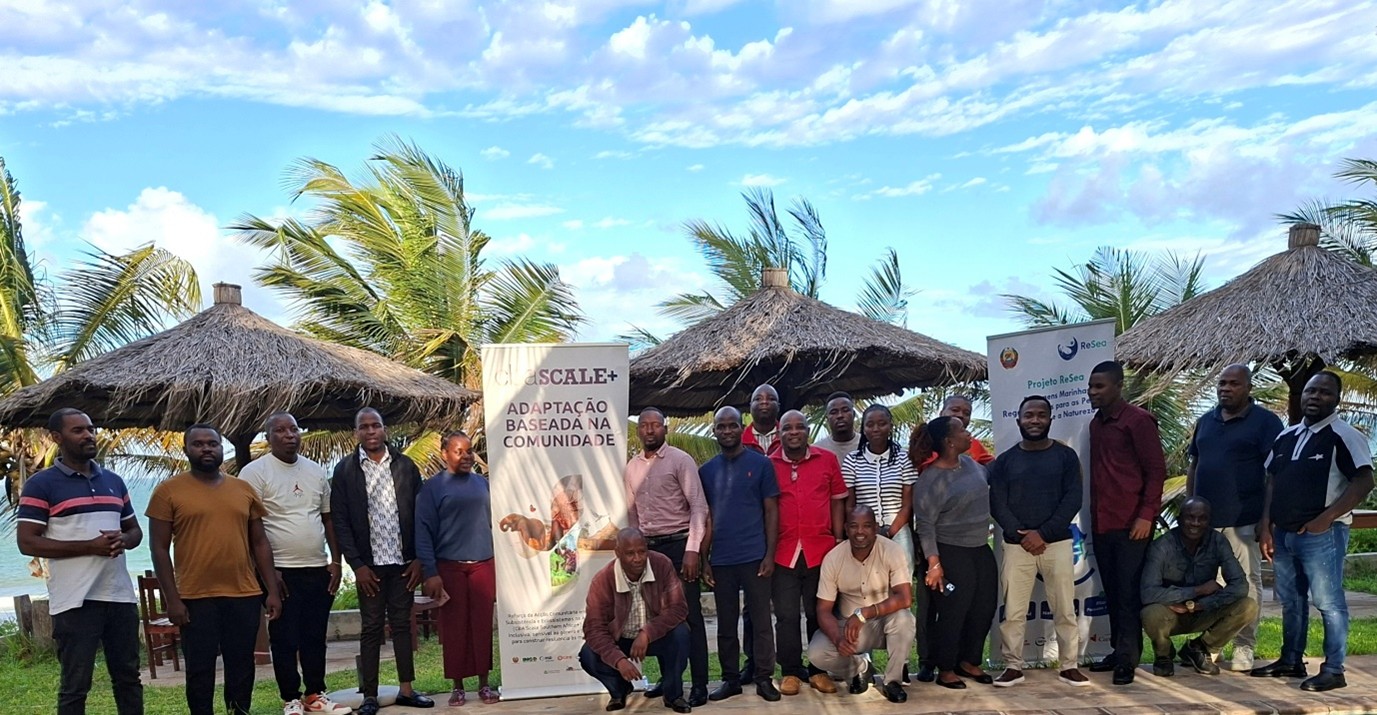AIIB Plans to Triple Climate Change Loans
The Asian Infrastructure Investment Bank is set to unveil an ambitious climate action plan this week, marking a significant shift in its priorities and a substantial increase in financial commitments. Central to this plan is the ambitious objective of tripling climate action funding by 2030. This translates to a notable escalation in annual expenditures, with the current $2.6 billion budget set to surge to a range of $7-8 billion. This comprehensive climate action plan encompasses a multifaceted approach. It includes initiatives to co-finance projects with other multinational lending institutions co-financing projects. Additionally, the plan seeks to bolster infrastructure resilience against the mounting challenges posed by rising global temperatures, while simultaneously addressing coastal flooding through targeted restoration projects.

The China-backed Asian Infrastructure Investment Bank (AIIB) is positioning itself as a key financier of climate-related projects, with the unveiling of plans to triple its climate financing over the next seven years.
The multilateral lender - set up as an alternative to the World Bank in 2016 - aims to increase allocation for climate-related funding to at least US$7 billion annually by 2030, roughly a three-fold increase from last year's US$2.6 billion.
Cumulatively, the AIIB says it will advance US$50 billion for climate change mitigation and adaptation by the end of this decade, mobilising capital to support its members' efforts to fight the consequences of global warming.
Do you have questions about the biggest topics and trends from around the world? Get the answers with SCMP Knowledge, our new platform of curated content with explainers, FAQs, analyses and infographics brought to you by our award-winning team.
The Climate Action Plan (CAP) was released on the sidelines of the bank's board of governors' meeting in the Egyptian city of Sharm el-Sheikh on Monday - its first in-person annual gathering since 2019.
AIIB president Jin Liqun said the plan "outlines our ambition to bring capital, capacity and convening power to help our members in their efforts to address climate change", adding that it "builds on what is already a significant area of focus for our bank".
According to Jin, the CAP will build on the AIIB's 2020 pledge to stop bankrolling coal-powered projects and instead ramp up its investments in environmentally friendly schemes.
The China-backed Asian Infrastructure Investment Bank (AIIB) is positioning itself as a key financier of climate-related projects, with the unveiling of plans to triple its climate financing over the next seven years.
The multilateral lender - set up as an alternative to the World Bank in 2016 - aims to increase allocation for climate-related funding to at least US$7 billion annually by 2030, roughly a three-fold increase from last year's US$2.6 billion.
Cumulatively, the AIIB says it will advance US$50 billion for climate change mitigation and adaptation by the end of this decade, mobilising capital to support its members' efforts to fight the consequences of global warming.
Do you have questions about the biggest topics and trends from around the world? Get the answers with SCMP Knowledge, our new platform of curated content with explainers, FAQs, analyses and infographics brought to you by our award-winning team.
The Climate Action Plan (CAP) was released on the sidelines of the bank's board of governors' meeting in the Egyptian city of Sharm el-Sheikh on Monday - its first in-person annual gathering since 2019.
AIIB president Jin Liqun said the plan "outlines our ambition to bring capital, capacity and convening power to help our members in their efforts to address climate change", adding that it "builds on what is already a significant area of focus for our bank".
According to Jin, the CAP will build on the AIIB's 2020 pledge to stop bankrolling coal-powered projects and instead ramp up its investments in environmentally friendly schemes.
Asian Infrastructure Investment Bank president and chairman Jin Liqun addresses the opening of the bank's annual meeting in Egypt on September 25. Photo: Xinhua alt=Asian Infrastructure Investment Bank president and chairman Jin Liqun addresses the opening of the bank's annual meeting in Egypt on September 25. Photo: Xinhua>
The Beijing-based bank - which is 30 per cent owned by the state - had fulfilled its promise to align all new financing with the Paris Agreement, the 2015 international treaty on climate change, he said.
Jin said the AIIB had also met its goal for annual climate financing to account for 50 per cent or more of its total approvals by 2025, with climate financing accounting for 56 per cent last year.
Since the bank was established in 2016, US$11.75 billion of its total financing approvals of US$25.25 billion have gone to climate projects, with US$8.29 billion dedicated to mitigation and the rest for adaptation.
Jin said the AIIB had financed 107 projects with climate components amid an ever-growing need to support members as they grappled with ever more frequent natural disasters, such as the recent tragedies in Morocco and Libya.
He told the meeting that the AIIB was working with other multilateral lenders, such as the World Bank, to co-finance some of the projects.
"The AIIB is working closely with our sister institutions to strengthen the family bonds that bind all multilateral development banks [MDBs] together," Jin said.
A recently announced joint financing arrangement with the World Bank for a US$1 billion guarantee over a selection of sovereign portfolios "is one such example of our quick and collaborative effort to strengthen the performance of the MDB system".
"We are also proud of our co-financing record as the largest co-financing partner of both the World Bank and the Asian Development Bank, along with our close co-financing partnerships with the European Bank for Reconstruction and Development and the European Investment Bank," Jin said.
The meeting also heard that three weeks earlier the AIIB had achieved early completion of its 2023 funding programme with the issuance of a US$2 billion three-year global bond.
With US$4.8 billion in orders, the bond recorded the largest order book for any bond issued by the AIIB since its inception, Jin said.
In May, the bank also placed Asia's first adaptation bond for US$321 million and is working with international asset managers to develop climate change investment frameworks.
At the opening of the meeting, Egyptian President Abdel Fattah al-Sisi urged the AIIB and other lenders to help emerging economies, especially in Africa, address the challenging global economic conditions caused by Covid-19 and the Russian war in Ukraine.
The banks "need to provide more low-cost financing", especially in light of the current financial and economic circumstances, he said.
Al-Sisi's plea comes at a time when some African countries have fallen into debt distress, exacerbated by the coronavirus pandemic, along with disruptions to global supply chains and food security.
In 2020, Zambia became the first African country to default on some of its debts during the pandemic, finally striking a precedent-setting deal with China and other foreign creditors in May, after 28 months of negotiation.
Lusaka's US$6.3 billion in loans - of which US$4.1 billion is owed to China - was restructured through the G20 Common Framework, with Beijing, Zambia's largest lender, providing the deepest level of debt relief among the bilateral creditors. Chad and Ethiopia also applied for debt relief under the same scheme.
Egypt, a founding member of the AIIB, has received US$1.3 billion in infrastructure funding, including US$300 million for water management and US$210 million to finance renewable energy.
The bank funded Egypt's Benban Solar Park power station, its first energy project investment outside Asia.
In July, the AIIB agreed to advance US$280 million for a new metro line in Alexandria. Egypt is a key destination for foreign direct investment, especially from China, whose companies have made vast investments in the Suez Canal Economic Zone.
The AIIB has also financed projects in Rwanda, advancing US$200 million through its Crisis Recovery Facility in 2021 for broadband access and an on-lending facility to support small and medium-sized enterprises.
In Ivory Coast, the AIIB recently signed a loan deal worth US$200 million for connectivity and rural infrastructure. The government of Ivory Coast and the World Bank are co-financing the project.
The AIIB, which has 106 members, has channelled US$44.6 billion to 233 projects in 35 countries, mostly in Asia, including India, Indonesia, as well as Oman, and China's own air quality improvement and coal replacement project.
According to the AIIB's action plan, the fight against climate change will be won or lost in Asia, which it described as an engine of global economic growth facing heightened vulnerability to climate hazards.
The bank pointed out that the region contributes more than half of global greenhouse gas emissions. Asia's effectiveness in addressing its unique climate challenges was of "paramount importance" to the sustainability of societies worldwide, it said.
The AIIB has vowed not to finance coal or projects related to the fossil fuel and has excluded oil sector investments, with limited exceptions to ensure basic energy access in remote island communities and hard-to-reach areas.
"The AIIB will only selectively finance natural gas projects that are transitional in nature [and] based on stringent criteria."
This article originally appeared in the South China Morning Post (SCMP), the most authoritative voice reporting on China and Asia for more than a century. For more SCMP stories, please explore the SCMP app or visit the SCMP's Facebook and Twitter pages. Copyright © 2023 South China Morning Post Publishers Ltd. All rights reserved.
What is Your Reaction?
 Like
0
Like
0
 Dislike
0
Dislike
0
 Love
0
Love
0
 Funny
0
Funny
0
 Angry
0
Angry
0
 Sad
0
Sad
0
 Wow
0
Wow
0












































































